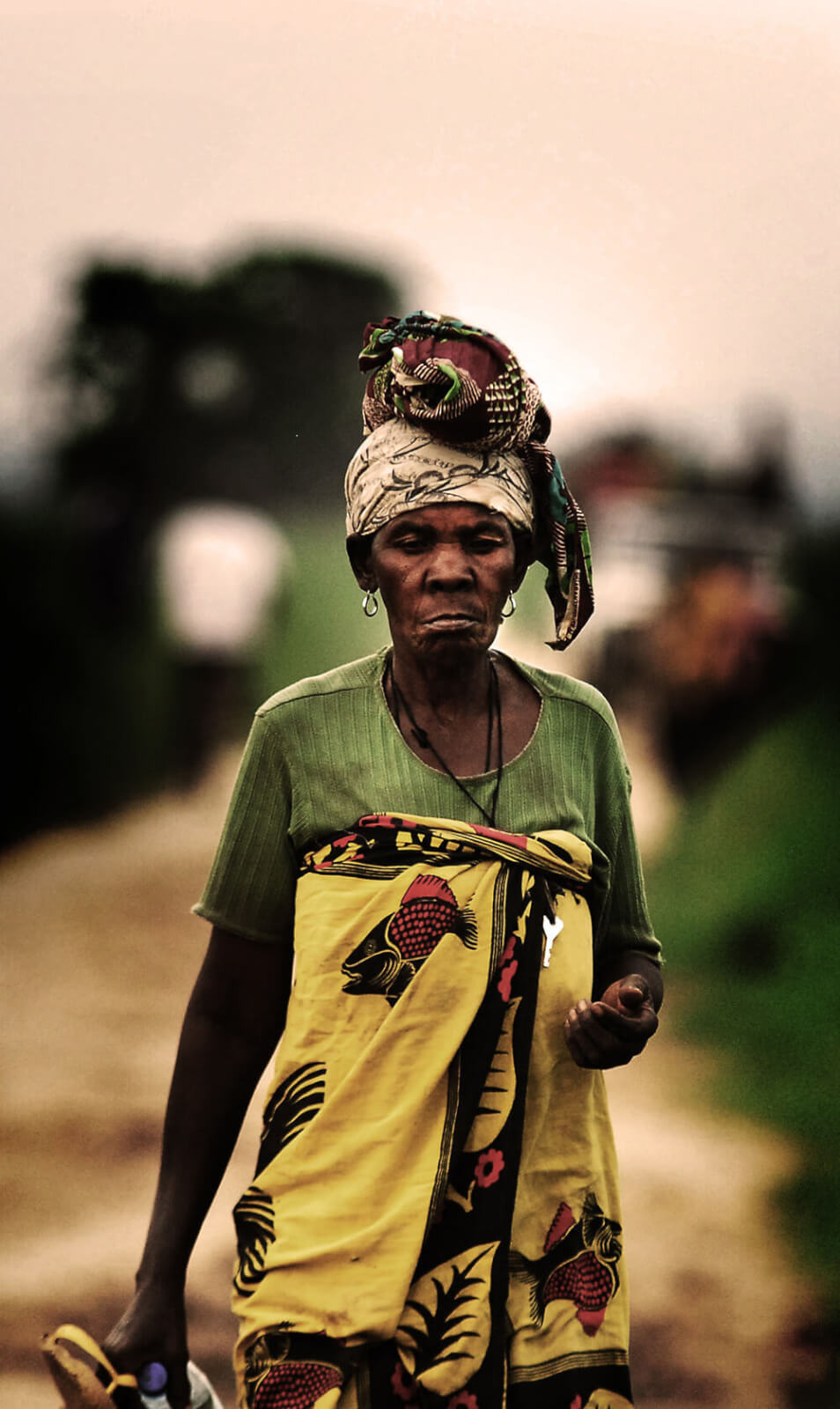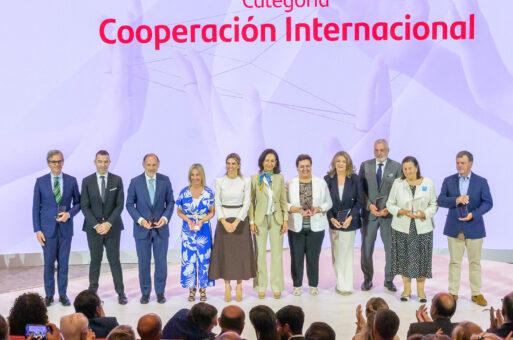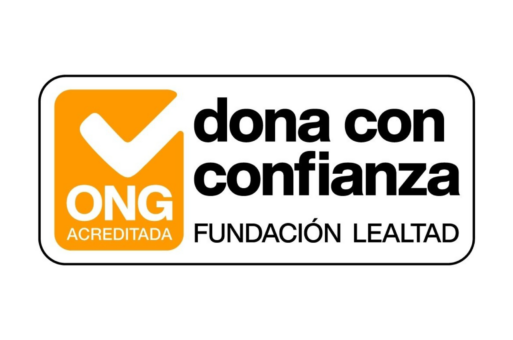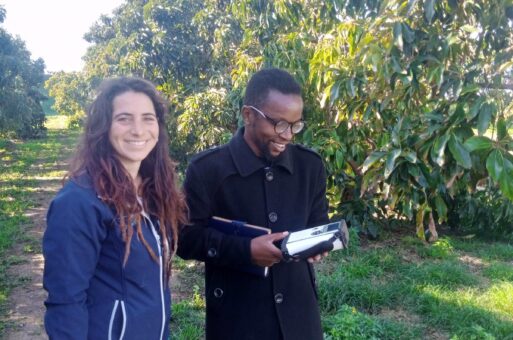The invisibility of being a woman farmer in Iringa
26 July, 2018
Although more than 65% of the women in Iringa are engaged in agriculture, only 13.2% of them are landowners according to the latest study of “Demographic and Health Survey and Malaria Indicator Survey 2016”.
The right to nutrition of the population especially of the women of the city of Iringa (where the number of inhabitants is 158,989 according to the 2016 census) has been violated, often because they are excluded from decision-making, leaving organizational, productive and civic decisions out of their reach.
It is well known that in a wide range of countries and cultures, women continue to be the fundamental pillar of families, where they not only take care of household tasks, but also economic ones, and they also take responsibility for the care of close family members. Many times, in addition to these chores, they perform other tasks that provide their families with income that allows them to survive.

In Iringa, more than half of the women are engaged in agriculture and, nevertheless, it is common knowledge that the percentage of them that own land is less than 15%. In 2015, changes were included in the Tanzanian constitution regarding the right of women to own land, but there is still a long way to go. It is necessary to encourage projects and programs that recognize and expand women’s skills, knowledge and experience, that empower them and give them greater autonomy and visibility. Social and gender inequality is a structural problem that requires the intervention of public policies that generate agricultural programmes with a gender focus.
Agrónomos Sin Fronteras has begun to promote the implementation of urban gardens in the city of Iringa which are managed exclusively by women through which they are trained in new advanced agricultural techniques that can be implemented in their own homes to improve the diet of their families and increase their income. We hope to train groups of women in advanced urban agricultural techniques so that they may implement these techniques in their homes.



